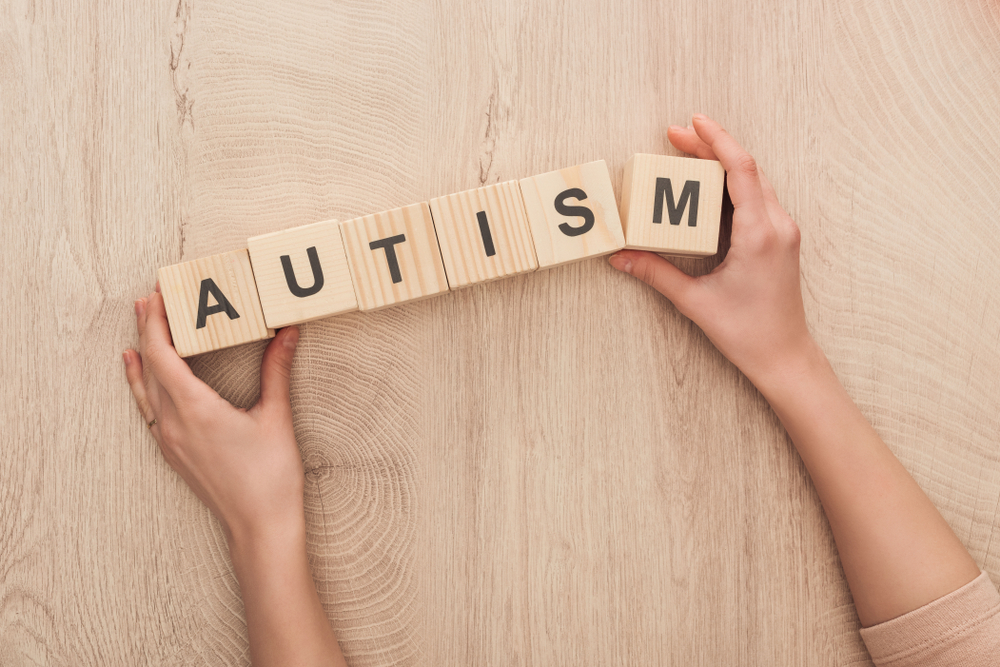Autism Assessments
What is Autism?
Autism is a lifelong developmental condition that affects how individuals communicate with other people and interact with the world around them. Autism is more common than you may have thought and it is estimated that one in 100 people are on the autism spectrum.
As Autism spectrum condition, it affects people in different ways. Autistic people will have different strengths and what they find difficult will vary.

What does an Autism Assessment involve?
An initial consultation
To get an overview of the current difficulties
Pre-screening questionnaires
To provide a more specific indicator of common traits associated with the autism spectrum
The ADI-R
A detailed, structured interview with an appropriate informant to obtain information about someone’s early development.
The ADOS-2
An in-person, observational assessment that includes several activities, questions and general conversation
Multidisciplinary Team Meeting
Your assessing clinicians will hold an MDT meeting to discuss your assessment and determine the outcome.
Feedback meeting
A meeting to let you know the outcome of the assessment and give you time to ask questions
A comprehensive report
You will receive a report detailing the findings of the assessments
Recommendations
We will provide individualised recommendations, based on your or your child’s needs.

What to expect from an Autism assessment
At Xpert Psychology, all autism assessments are conducted with three clinicians. Our multidisciplinary teams include a consultant clinical psychologist, a clinical psychologist and either, a speech and language therapist, occupational therapist or registered nurse.
We only use gold standard, evidence-based assessment tools that have been recommended by The National Institute for Health and Care Excellence (NICE). We understand that Autism can present differently in males compared females and non-binary people, and our clients often share their concerns about their autistic traits being missed, or being misdiagnosed with conditions other than autism. Rest assured we are up to date with recent advances in autism research and we have a good understanding of how differences present.
Autism assessments for adults cost £2050, whilst assessments for children cost £1950. All child assessments include school-led observations and reports.